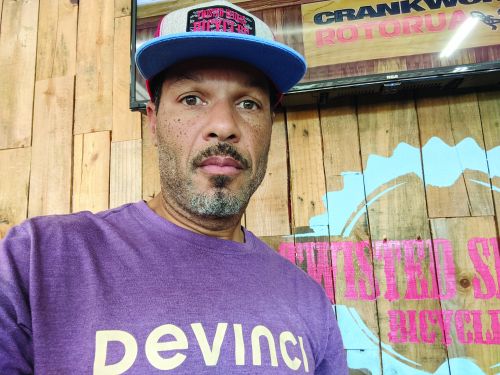A version of this feature ran in the April 2021 issue of BRAIN.
BOULDER, Colo. (BRAIN) — For our April magazine edition, we asked our State of Retail panel members: How does your shop engage with advocacy on a local or national level, and what types of advocacy do you think are most effective?
KANSAS CITY, Mo.: Christina Baanders-Decker, owner Midwest Cyclery
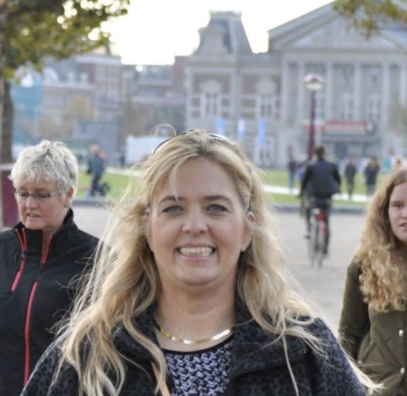
Lobbying for bike lanes and facilities, joining the National Bicycle Dealers Association (NBDA), supporting PeopleForBikes, and partnering in our local community are all great ways to engage in advocacy; however, I believe that supporting local events and clubs is the activity that gives us the most immediate results and the one that is most directly felt within the shop. There’s nothing better than giving sag support to small local rides. We hand out water bottles and donate helmets. We also donate bikes to local National Interscholastic Cycling Association (NICA) groups and our local kids’ cyclocross group. Many times, it goes unnoticed; other times, the support from club members is obvious. To continue the COVID bike boom, I think shops should create local events like shop rides, teach basic maintenance, and invite the community to build an even bigger community.
SYOSSET, N.Y.: Howard Chung, co-owner The Bicycle Planet
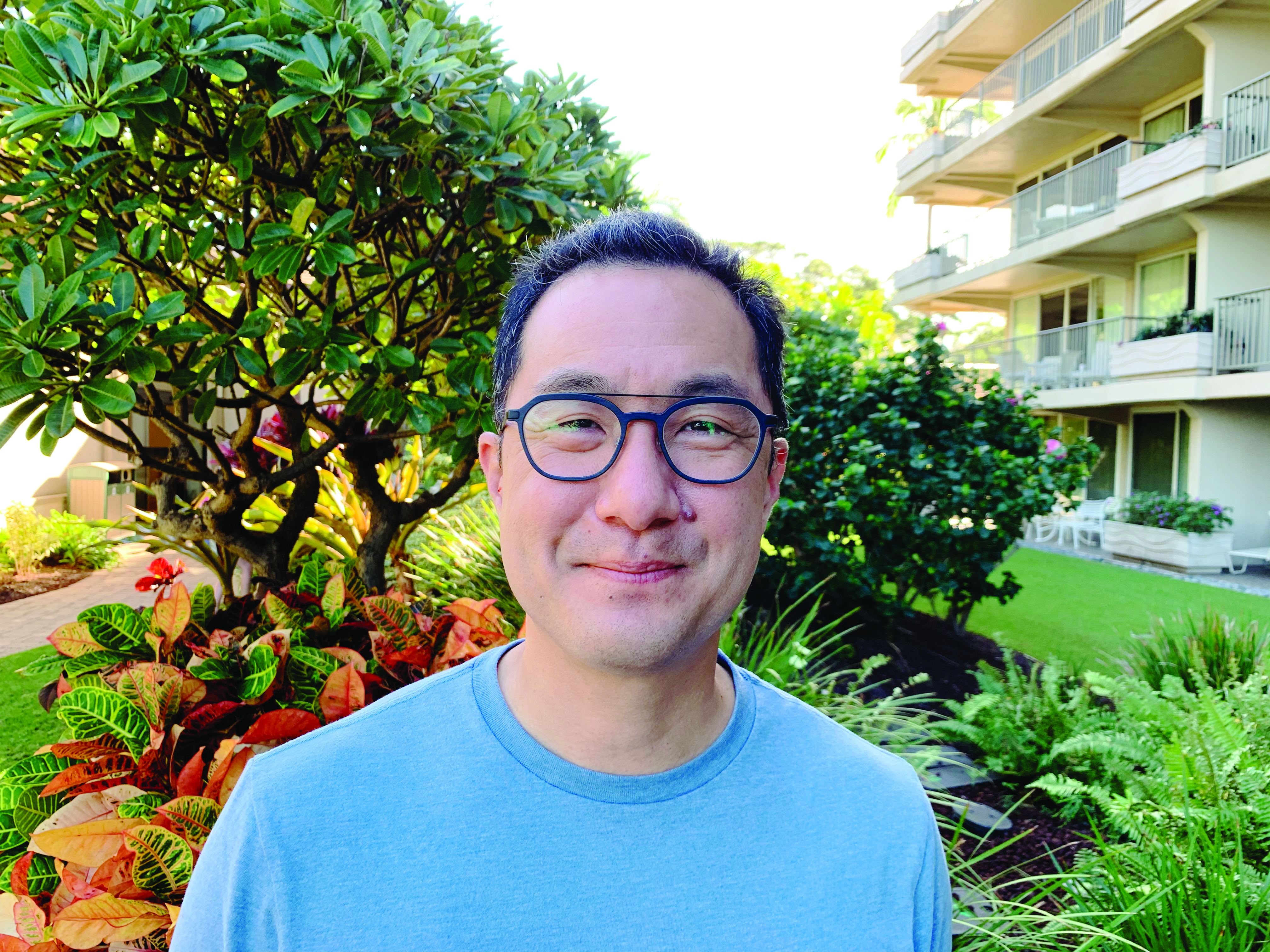
If I could pick only one bit of advocacy, it would be to create protected bike lanes á la New York City’s. Cycling clubs, organizations, and teams unfortunately had little to no influence on that game-changing result. It came down to the will of one person, Mayor Michael Bloomberg. I am supremely grateful for that. Unlike Mike, we as a store have decided to be much more micro in our approach. A few years ago, we decided to assign any of our limited resources (money and time) towards those organizations dealing with children. One of our big annual events is an end-of-year bike giveaway to children and families who cannot afford them. You wanna see joy incarnate? Come hang out with us when we give those bikes away in December. I am fully aware that this impact is limited, but as someone who religiously sticks to numbers and spreadsheets, you sometimes have to go with what feels right.
HOOD RIVER, Ore: Jodie Gates, co-owner Oregon E-bikes
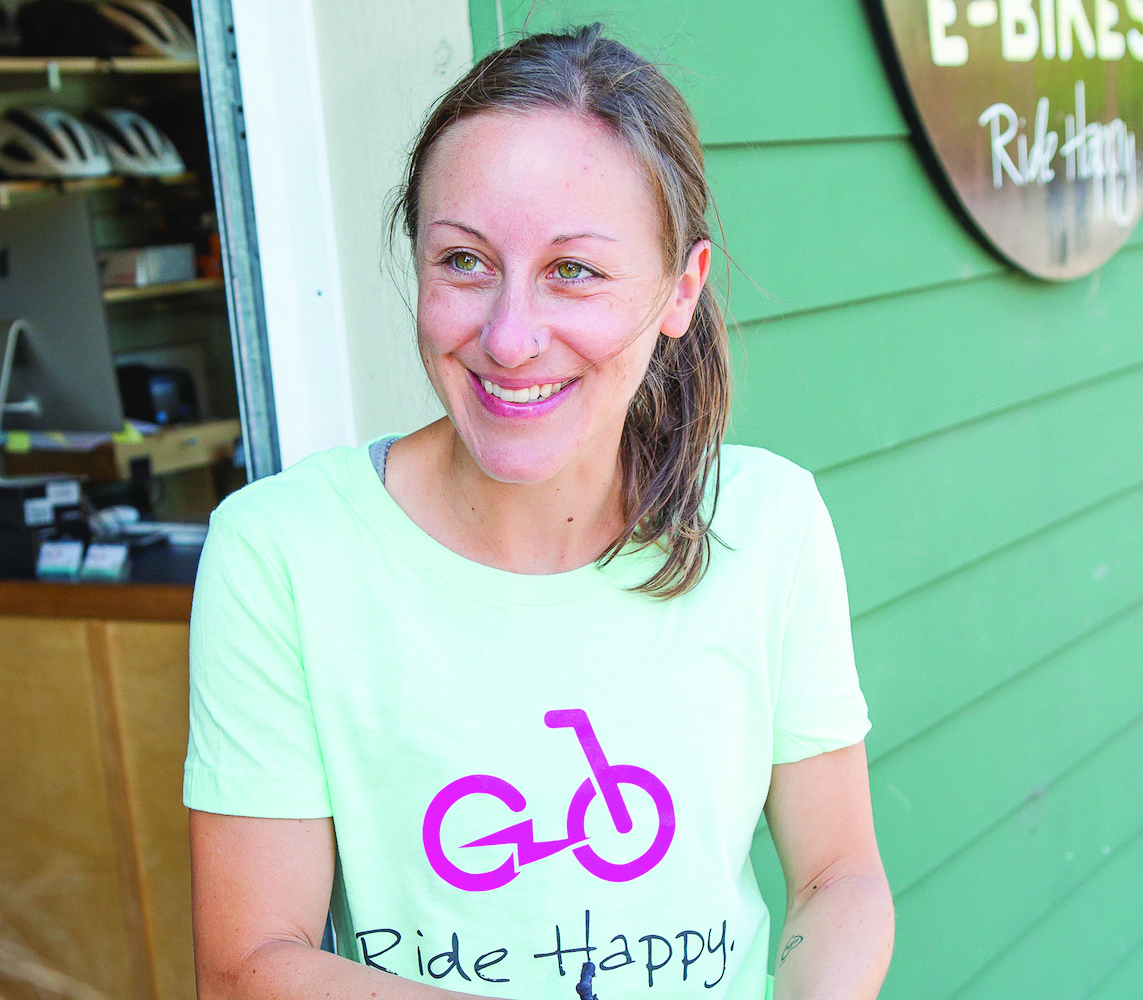
E-bike policy evolves quickly, so one of our advocacy efforts is to stay current on the news and let customers know about opportunities to improve access and infrastructure for bikes. PeopleForBikes' e-bike resources are hugely useful, and we support them, along with an awesome local group, the Hood River Area Trail Stewards. When we opened in 2016, “e-bike advocacy” was akin to education. We found the best path from “What is an e-bike?” to “I need an e-bike!” were lots of test rides. Having our staff out in the community riding every day is another great way to increase exposure to e-bikes on a grassroots level, and Earth Day has been a great way to kick off our season and connect the dots between riding e-bikes and reducing car use. When opportunities open up for events, we’ll partner with our local farmers market to showcase e-bikes as car replacements and expand our outreach to tell people about the opportunities that e-bikes present. For the bike boom to continue, we are promoting fun in addition to exercise, transportation, and an overall lifestyle shift.
JOHN’S CREEK, Ga.: Brent Noisette, owner Twisted Spokes Bicycles
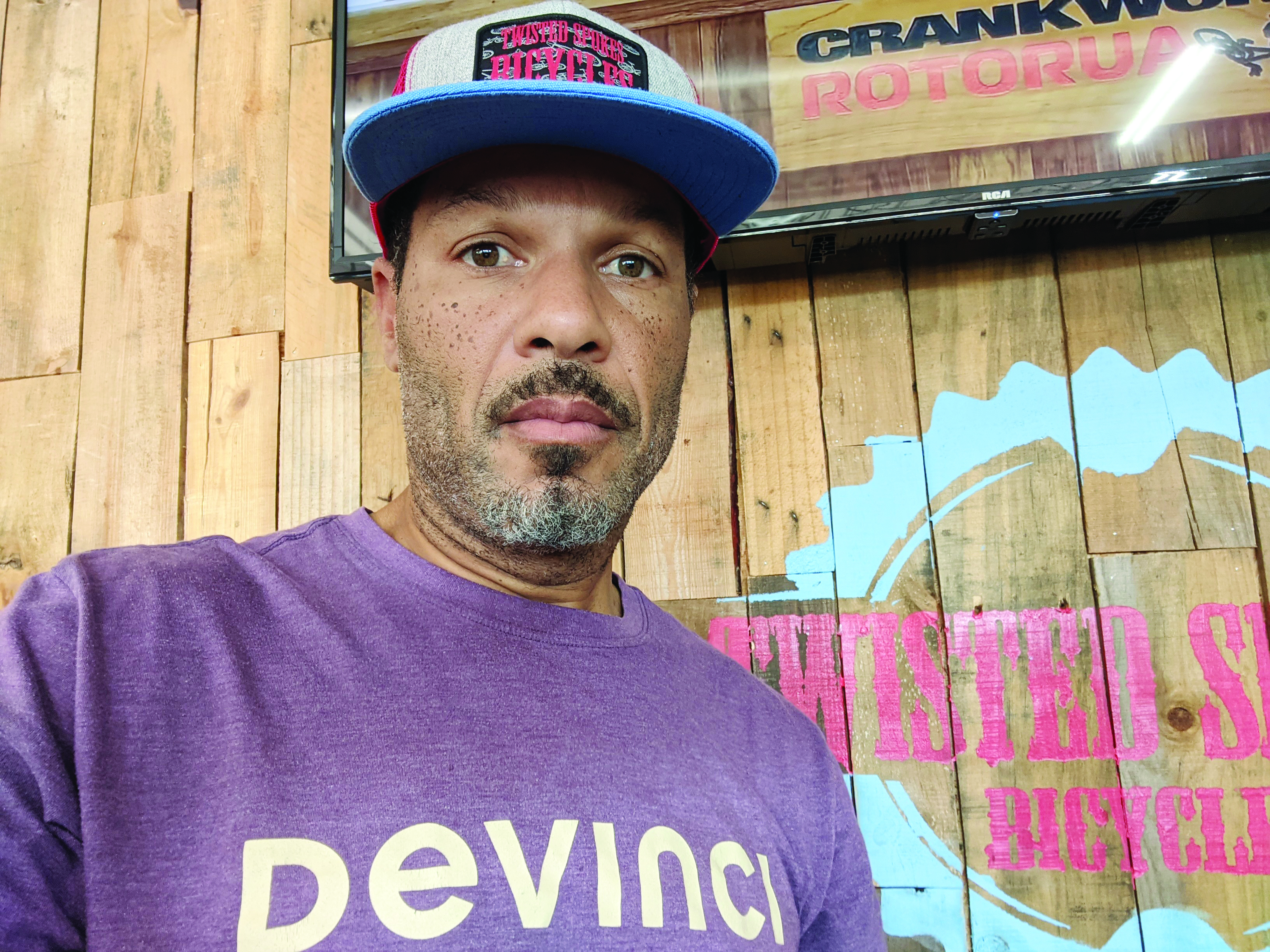
I think it is all of the above — local and national efforts. There are so many facets of support that are effective, but there is so much more work that needs to be done, especially with so many more people riding bikes in this new environment in which we find ourselves. Right now, we pretty much stay local. We do engage our city council regarding bike lanes and other items that the community deems necessary to promote a safe cycling environment. We also support local trail advocacy whenever we can. I believe we need to keep the people who have just found the joy of cycling (in whatever genre) engaged and make them aware of the different advocacy groups and efforts that affect the community in which they enjoy riding their bikes. Also encourage them to get involved, as this will increase awareness even more.
SUMMERVILLE, S.C.: Michael Haldeman, owner SpokeWorks Bicycle Workshop

I feel strongly that advocacy at the local government level can be extremely influential and that digging our roots into the local community is key. Our plans to hold monthly workshops were thwarted by the pandemic, but I'm hoping we can start these soon. I’m a member of a pedestrian and cycling advocacy group that locally brings attention to the lack of safe pedestrian and cycling lanes, and I have just been appointed to two county council boards. I’m hoping my experience is that government officials are open to local residents’ concerns when it comes to infrastructure and cycling, and that along with the residential and commercial growth of this area, that the infrastructure is able to grow at the same rate and with pedestrian and cyclist safety in mind.
BENTONVILLE, Ark.: Shawna Macan, manager Mojo Cycling
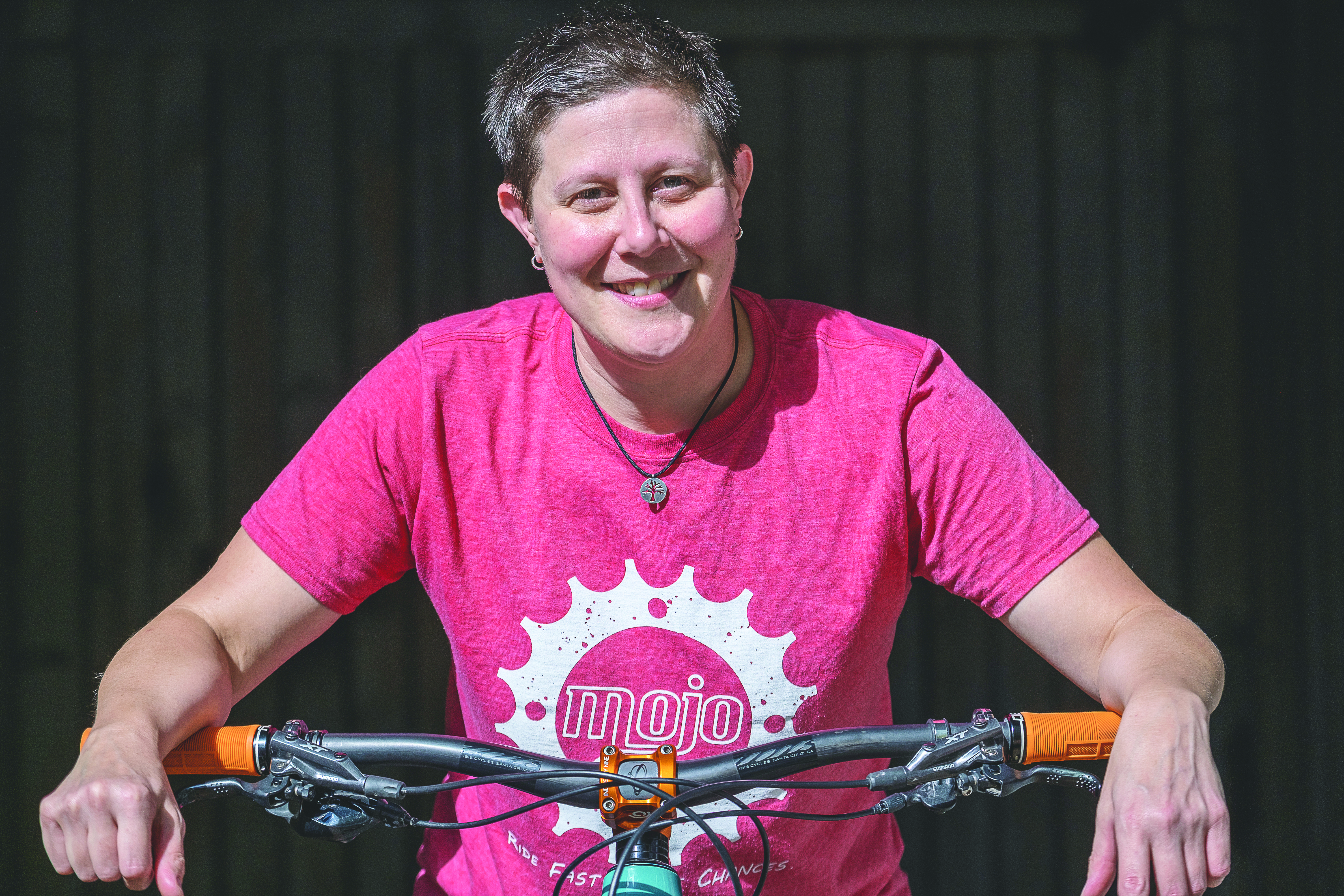
Local and national advocacy are both important. Most cities don’t have safe bike routes for people to get to work or school. Bicycle shops are getting more people on bikes, which in return gets more people advocating for multi-use trails and bike lanes. Bike rodeos, the National Interscholastic Cycling Association, and community events get the next generation ready to continue the push. We need the National Bicycle Dealers Association to help connect, educate, and support bike shops. We need PeopleForBikes to work in Washington and at the state level to create new policies and funding. With their help, we can prioritize bicycles for a healthier and viable form of transportation. We just became a member of the NBDA, and we've supported PeopleForBikes for years. Locally, we do bike rodeos, support NICA, hold several types of educational clinics, and help sponsor local events. We show up to have our voices heard at town hall meetings when it involves bicycles and connecting communities with multi-use trails.
MEMPHIS, Tenn.: Karen Malogorski, co-owner Bikes Plus Inc.
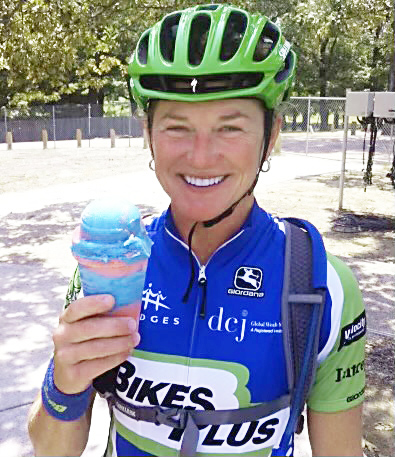
There’s an overwhelming amount of advocacy efforts on the national, state, and local levels. It seems to me that the most effective efforts are those that provide resources like grants, legislation impacting infrastructure (like greenways and bike lanes) and materials that can be used locally. These efforts really provide an umbrella for advocacy. They provide funding and emphasis on our local cycling community. In addition, the National Bicycle Dealers Association and other national groups can be incredibly helpful in sharing the best practices of our peers and guiding local advocacy efforts. We’re seeing a huge number of new riders, so we are encouraging and educating them with local route maps, training in shifting, minor repairs, flat changing, air pressure, and so on. We are making this accessible for distance learning via our social media, YouTube, and Promoboxx.
CLAREMONT, Calif.: Dale Mattson, owner The Velo
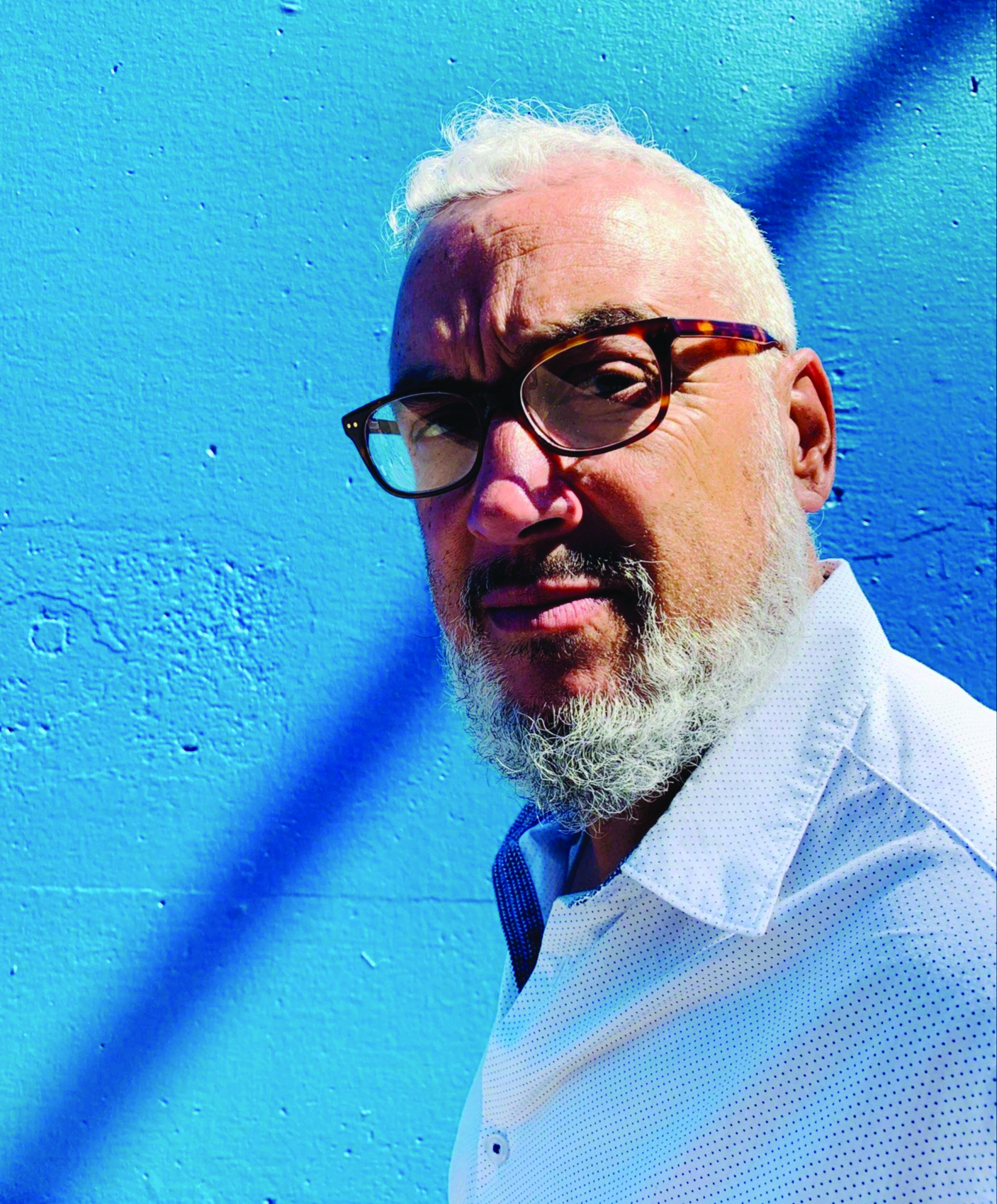
All the above is needed for advocacy. But more, better bike lanes and facilities, will grow the customer base, which is something our industry must focus on. Most important for me is using my bicycle registration app, bikenab.com, to bring awareness to bike owners about protecting against theft. Reducing theft keeps people riding, because bike theft is a major problem nationwide. Another thing I do is offer free service on the bikes I sell to members of the high school mountain bike team, and I also give bikes to the local homeless advocacy group, and rebuild and give away kids’ bikes. Kids with a good bike experience grow up to be adults that ride. It's that simple. Great customer service leads to customer re-engagement. Build on that!
WHEATON, Ill.: Muneer Radi, general manager, Spokes
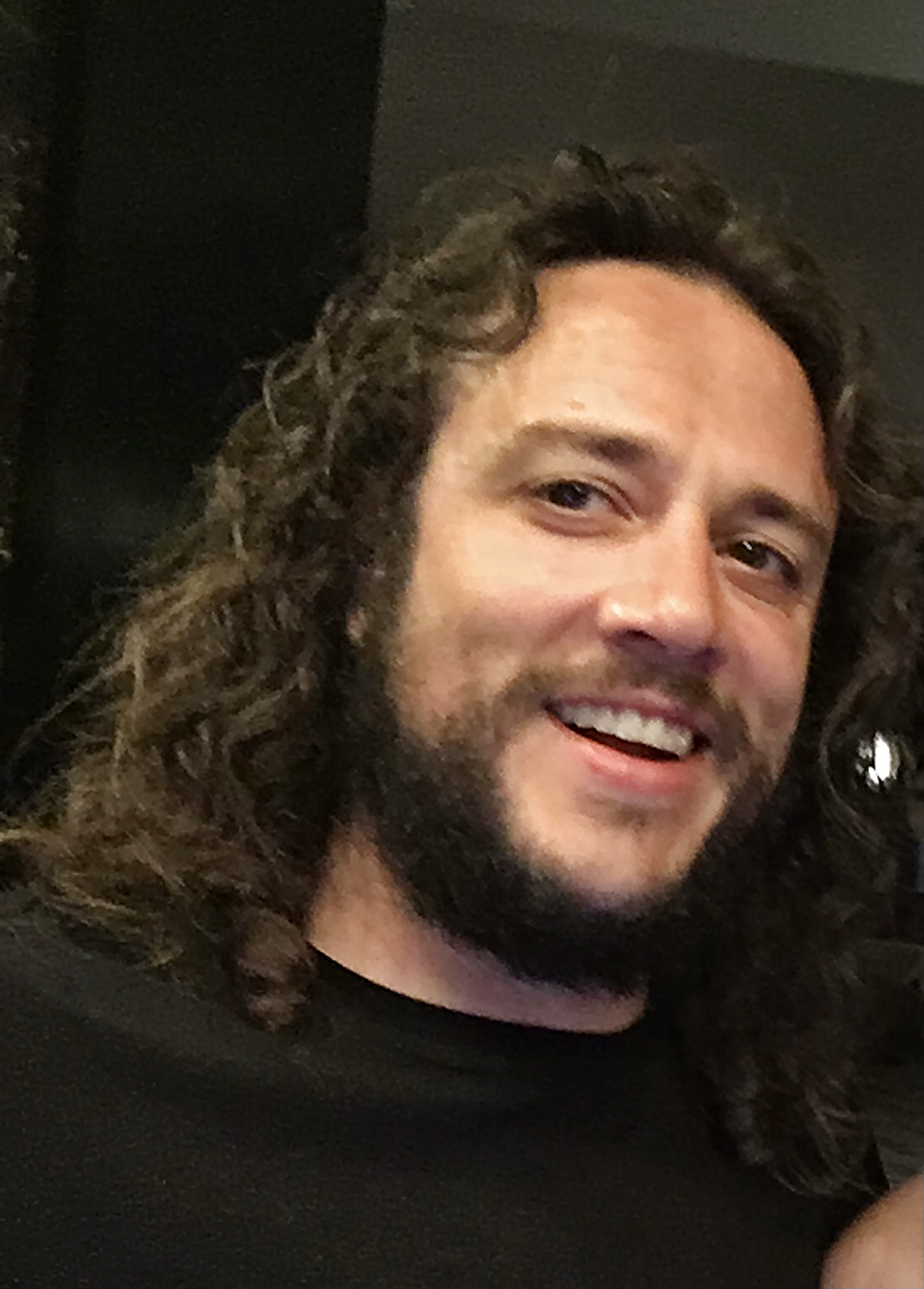
I believe all types of bike advocacy have a place and are important to make the community as a whole much stronger. There are so many different working levels and systems, but for us, the foundation is at the community level. We have been concentrating on partnering with our local elected officials to help get more cycling infrastructure, such as more connection points for our local multi-use path system. Some of the proposals have been approved. We also work with the local mountain bike advocacy group and help them with fundraising events, races, demos, and trail work days. I think the best advocacy is to gather the riding community together through email, or whatever you use for contacting your customer base. Find elected officials who are receptive to the outdoor community and help them appreciate the demand for cycling infrastructure. I believe we have hit a tipping point and the bike boom will just be normality. With cycling hitting mainstream, the advocacy efforts should be easier to achieve with the vastly growing community asking for it. It’s great to see!

